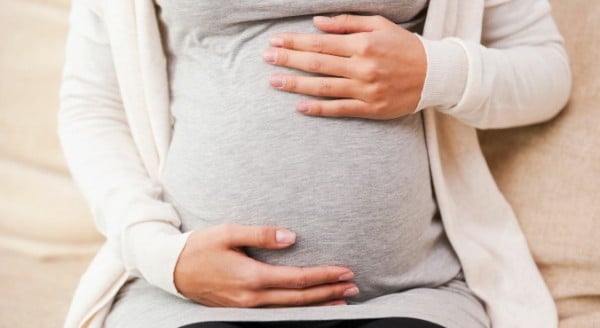
Image via Getty.
By Dr Andi Horvath.
Strange as it may seem, Kate Middleton, Charlotte Bronte and Charles Darwin’s mother share something in common.
They all suffered extreme nausea and vomiting during pregnancy.
Obstetricians refer to the condition as hyperemesis gravidarum, but nobody is quite sure why it occurs. In fact, 85 per cent of pregnant women endure nausea and vomiting from around 9 to 14 weeks or even longer. But in about 3 out of 200 pregnancies, the nausea and vomiting can be so severe it can lead to potential problems with nutrition, fluid loss, and electrolyte balance.
“Luckily women like Kate live in a time when an intravenous (IV) drip is able to rehydrate them,” says Dr Penny Sheehan, a head obstetrician and researcher at the Royal Women’s Hospital in Melbourne. (Five things no one ever tells you about pregnancy with Jamila Rizvi. Post continues after video.)
In the past, severe dehydration from hyperemesis was fatal, the most famous case being Charlotte Bronte who died in 1855, four months into her pregnancy.
There is also a link between hyperemesis and depression. In the past, it was thought that hyperemesis might be psychosomatic, suggesting some women were ‘in conflict with having a baby’ and the depression caused the nausea. Today we know the hyperemesis and the inability to function it causes actually leads to depression in 60 per cent of cases.
